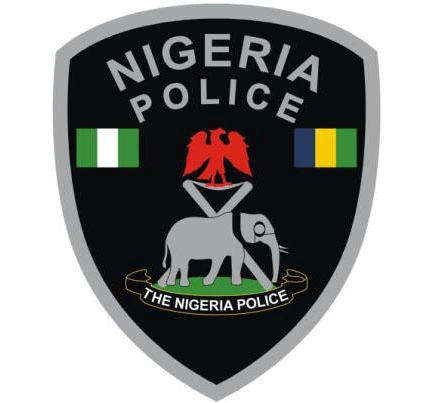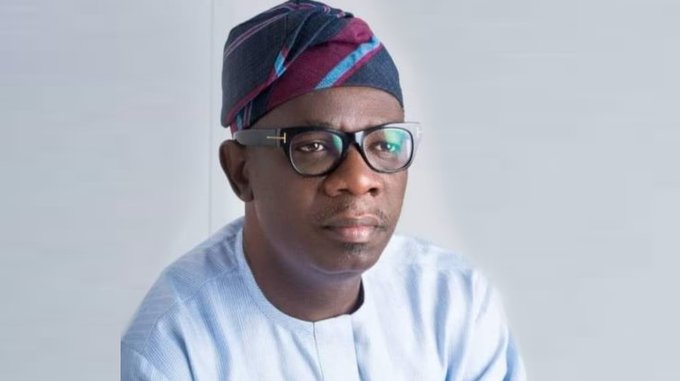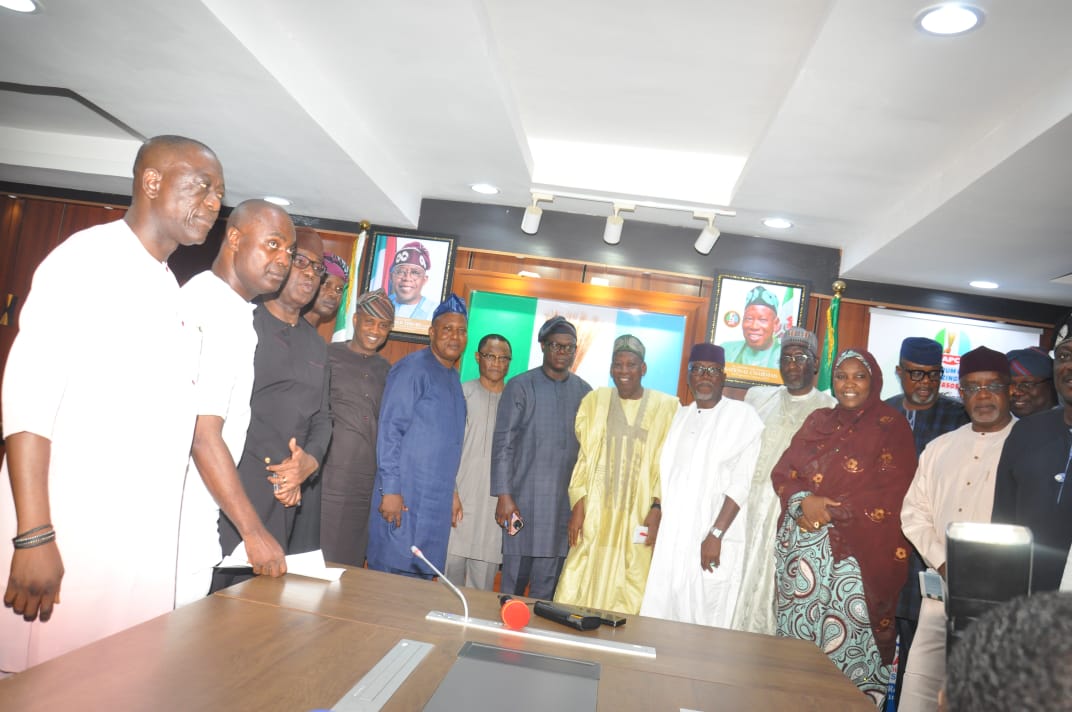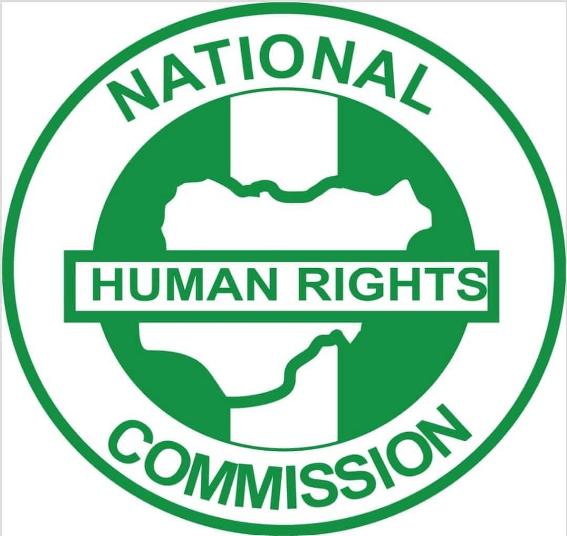How The Media Can ‘Save’ Nigeria By Toyeeb Abdulquadri


Not too long ago, I was in a commercial bus going from Ilorin to Lagos. Other passengers and I encountered some challenges in the motor park before the bus disembarked and this really diminished our vigour for the five hours’ journey. What doused the tension was this debate about football that started before we left Ilorin. From Messi vs Ronaldo to Mourinho vs Guardiola,the argument was unending. Surprisingly, the discussion lasted until we reached Lagos. It was those moments when hours seemed like seconds.
However, the length of time for the lively debate was not a big deal to me but the way the discussants aptly identified the flaws of players, coaches and the teams blew my mind.They did not only criticise but also provided possible solutions. They praised, revered and compared past and present heroes of football.
For Heaven’s sake, they never attended any class in sport. It was just passion made possible by vast media coverage. Later on, I began to probe myself with some questions. What if the argument of who is the best between Maradona and Messi transforms into discussions about past and present governments in Nigeria? Or the problems of our political class, the economy, identified problems and solutions provided? When will the young generation love this country and be part of the solution and not the problem? At what point would we “escape” from the ugly narratives that we have found ourselves in? Or what will be the remedy to the political apathy common among the youth in Nigeria?
It is undisputable that the mass media have the answers to all these questions. Television, radio, newspapers, magazines and Internet are responsible for the massive energy (passion) that youths devote to entertainment today. Going by the school of thought that argues that when the people are well-informed about the benefits they can get from doing something, they would go for it; and when they learn that they will be harmed when they do something, they will surely not do it. So, let the media begin to extensively portray the fascinating and incredible facts about Nigeria in an innovative, creative and attractive way and our story will not remain the same.
Undeniably, we have selfish politicians, corrupt leaders, bad economy, social injustice, insecurity to mention but a few. Nonetheless, the country may continue to suffer if what is only highlighted in the media is information that the people cannot use for reasoned judgement, to make wise decisions in their lives and for Nigeria to rise again. The media needs to give the public sufficient information, education and entertainment for us to improve on our strengths and develop our weaknesses as individuals and a society.
The media is a powerful tool that shapes the way societies operate through dissemination of information rather than the use of coercion. It has the capacity to influence people’s way of thinking and decision-making. Highlighting the relevance of the media, the third president of the United States, Thomas Jefferson, said, “Were it left to me to decide whether we should have a government without newspapers, or newspapers without a government, I should not hesitate a moment to prefer the latter”. His expression clearly indicates the important role that the media plays in a country like Nigeria. Thus, if this role is reflective of the people’s need, our recurring problems in the society will be reduced, if not eradicated.
Although the media of the moment, internet, is undermining the ideal functions of the media, it is required of the mainstream media to adequately integrate their contents online. The spread of fake news and hate speech has its origin in the non-conventional medium managed by non-professionals. If the mainstream media could totally embrace convergence (the integration of old and new media), it will enable them to become more relevant and contribute effectively to our contemporary society which is, in all indications, a digital society.
The role of the media as the voice of the voiceless, purveyor of information, the Fourth Estate of the realm, and the transmitter of social heritage needs to be redefined in this country. Has the media used its “agenda-setting” power to move Nigeria forward or backward? It’s high time the (mainstream) media disseminated messages that would change the people’s negative perspective about Nigeria to positive ones so that Nigerians can truly serve their country with “love, strength and faith.”










